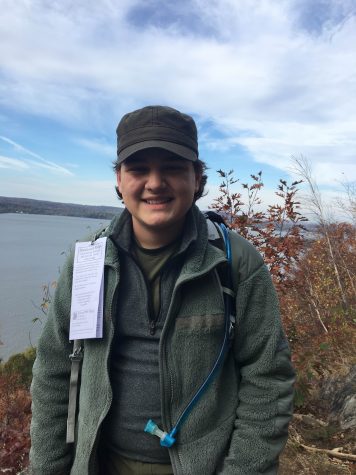Un votes to begin discussion on nuclear ban elimination

November 15, 2016
The United Nations General Assembly First Committee on Disarmament and Security has voted, on October 27, to commence discussion concerning banning, elimination, and destruction of all nuclear warheads. Immediately, the UK’s plan to replace their Trident Missile system has been named “completely untenable,” The U.N. has declared its direct intention to be, “To negotiate a legally binding treaty to prohibit nuclear weapons, leading to their total elimination.” The vote was headed by a non-nuclear nation, South Africa, which destroyed all of its nuclear arsenal in 1991. This vote will also prevent the proliferation, or spread of fissionable materials, nuclear technology, and financing of weaponization programs.
123 governments voted yes, 38, including the UK, who said that they “were in a weak position to stop negotiations from going ahead.
“No” Voting Nations
Japan, a country disallowed from any form of war, the only country to ever be hit by a nuclear bomb in world war II by the only nuclear bombs ever dropped on a country, Little Boy and Fat Man, voted no on the proposal.
After this vote the Japanese Diet came under heavy fire from parliamentary, religious, and civil groups and societies, most specifically Hiroshima survivors. Despite this no vote, the Diet has promised that Japan’s representatives at the U.N. will take part in the discussions.
Russia, a nuclear power and NPT state, voted no. In the past they have had “disturbing rhetoric” on “frequent snap nuclear exercises.” They have also stated they are with the US and UK in wanting to keep nuclear weapons as a form of deterrent and power projection.
Britain, which was planning to renew its Trident Nuclear Programme, has now stopped all work on it in lieu of the vote. Prime minister Theresa May wants to boycott the UN discussion, but the newly named minister of the Peace and Disarmament division of the British government, Jeremy Corbyn, has said that one of his main goals is to participate in the UN debates. The Scottish Government is also arguing for a special place at the debates, as they are a non nuclear, non NPT state that is forced to harbor Nuclear warheads against a majority of citizen will.
What Comes After
Debates are planned for 2017, unless the 5 permanent members (all NPT state) of the UNSC unite to stop them, which seems unlikely with the direction they’ve been going in since 2013. The NPT states have two definite choices: Boycott the debates, knowing the nations that got this decision passed can get a full nuclear ban passes, or try to weaken the arguments in favor of the nuclear powers.
The Security of a Nuclear Free World
On October 24th, 15 Nobel Peace Laureates joined Nobel science Laureates in an open letter. This emphasized the “need to stigmatize, prohibit and eliminate nuclear weapons” and called for nuclear prohibition negotiations to be concluded quickly so that “we can move rapidly towards the final elimination of this existential threat to humanity”.
These Laureate’s actions have moved us towards a nuclear free world. In president Obama’s 2009 Prague speech, he claimed to advocate “The peace and security of a world without nuclear weapons.”
North Korea
“Pyongyang unilaterally withdrew from the Treaty on the Nonproliferation of Nuclear Weapons (NPT) in January 2003 and is not a party to the Comprehensive Nuclear-Test-Ban Treaty (CTBT) or a member of the Missile Technology Control Regime (MTCR). The DPRK is not a party to the Chemical Weapons Convention (CWC), and is believed to possess a large chemical weapons program. North Korea is a party to the Biological and Toxin Weapons Convention (BTWC) and Geneva Protocol, but is suspected of maintaining an offensive weapons program in defiance of the BTWC.” Because of this, North Korea is one of the most dangerous threats to International Security. They refuse to cooperate with the U.N., and have seemingly no bounds on what they will do.
Action needs to be taken against North Korea immediately, they are an even bigger threat to national security than ISIS. They are nuclear, chemically, and biologically armed and we need to take action against them.


